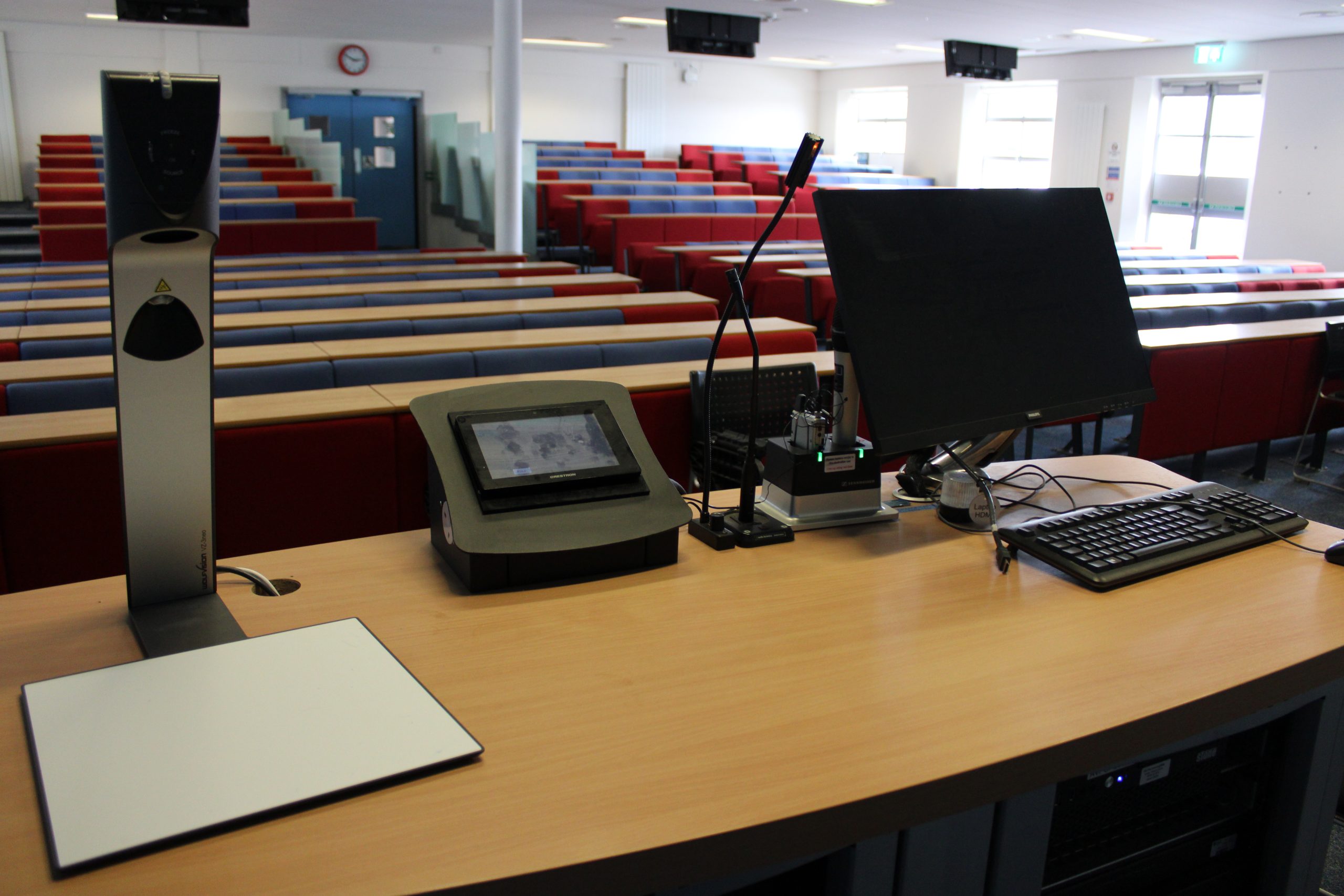It’s a Friday night, 6:30 pm, with Spring Lane’s lecture hall surprisingly full, for an evening open to the general public. Would we see a celebration – or a mourning – of Labour’s first 100 days in power? Certainly, all the panellists were pleased to see the backs of the Tories, but with a government quickly losing popularity with the electorate, three figures of the Labour left, and one of its Blairite wing, came to York.
Labour is a party united by being on the left, but divided by dogma since the New Labour project in the 1990s. The moderator, Matthew Taylor, is a member of that project – now the NHS Confederation leader – but a former Number 10 Policy Unit head who advised Tony Blair in government.
He is joined by Oxford Human Geography professor and demographer Danny Dorling; Kate Pickett, an Epidemiology professor here at York; and Richard Wilkinson, a former Nottingham Social Epidemiology professor. The latter two co-authored The Spirit Level in 2009 – an influential work in socioeconomics linking inequality with eroding trust and increasing anxiety. Despite initial government buzz, they say, the next year ushered in a Conservative government with an austerity programme, and the report was quietly forgotten.
Come 2024, however, and it’s been given a rewrite, complete with a quip from Taylor that it was “Corbyn’s manifesto”. Pickett starts by mentioning she attended Labour’s conference, where there was a much more tense mood than expected from a party winning an electoral landslide. She was particularly uneasy about Labour maintaining the two-child benefit cap and suspected Labour were delaying removing it so that the new Child Poverty Task Force could recommend doing so when it reports back next year.
Meanwhile, Dorling was more optimistic about Labour’s first 100 days, saying: “it could have been worse”. Perhaps that being ‘optimistic’ explains the attitude of the Labour left – they stayed “good as gold” in the campaign – don’t rock the boat, don’t divide the party.
Wilkinson remembered the victories of Harold Wilson in 1964 and 1973, but took issue in that: “most of what has been said is for normal times”. He frequently references climate change, and The Spirit Level at 15 spends a chapter linking it to inequality.
Wilkinson says Starmer can’t inspire a movement as Jeremy Corbyn notably did.
The candidates were then asked why progressive candidates couldn’t win political arguments. Wilkinson and Pickett noted the role of a largely right-wing press in the UK and suggested electoral complacency may play a factor: “We must be alright as the Government aren’t doing anything.”
Taylor suggested that Labour had gone from the working class party to the party of the elite; and that the Tories – particularly in 2019 more than 2024, where Reform took its place – had become the party of the working class. Had Labour got too comfortable in its position? Reform came runner-up in dozens of northern seats and would have been in even more had the exit poll been spot-on.
Perhaps Dorling had the quote of the evening: “When you’re the most unequal country in Europe and the most unequal of societies since the 1930s… you won’t understand each other.” And perhaps that sums up The Spirit Level at 15. Foreign Secretary David Lammy could save face and address equality worldwide, but his government would have to practise what it preached. He suggests the Labour VAT on private school fees is encouraging. As an Eton and Oxford educator, he said “it doesn’t help” children to pay £60,000 a year for them not to meet children from other walks of life.
Two real moments suggested how the evening panned out. The first was a moment of applause: one audience member questioned whether the government could use the spirit of the Chagos Islands, recently returned to Mauritius, to hand back the Elgin Marbles and similar artefacts controversially held by the UK. The second – a rudimentary poll of the audience on whether the panel was being too grumpy, not grumpy enough, or just right. The balance was about a third each which is, coincidentally, about what Labour received in the share of the vote in July; what the Tories and Reform got; and what the others won combined.
The evening appeared to go down well with the audience: the demographics skewed elderly (with winter fuel notably a near-absent topic), and when I talked to the panel later, it didn’t go unnoticed. Wilkinson seemed much more scathing of Keir Starmer outside of the theatre, wanting Gordon Brown or Ed Miliband.
“I don’t know how to build a mass movement”, he said, “but Corbyn did it.”
Pickett was glad it was over, but all three were pleased the lecture hall had quite the turnout. Dorling mentioned he would have wanted moderator Taylor as a panellist – a particular quip from Wilkinson in the latter’s direction went down well with the audience, but that it was at least good to get out of Oxford, he made a few references to the difference in social class throughout.
And he delivered the closing remark of the night. He ended on a high – the train from Birmingham to York was crammed so full that first class had to give up their advantages as it was changed to a normal carriage. A metaphor, maybe, for the hopes of much of the panel: that the gap between rich and poor may close after five, if not ten, years of Labour.
